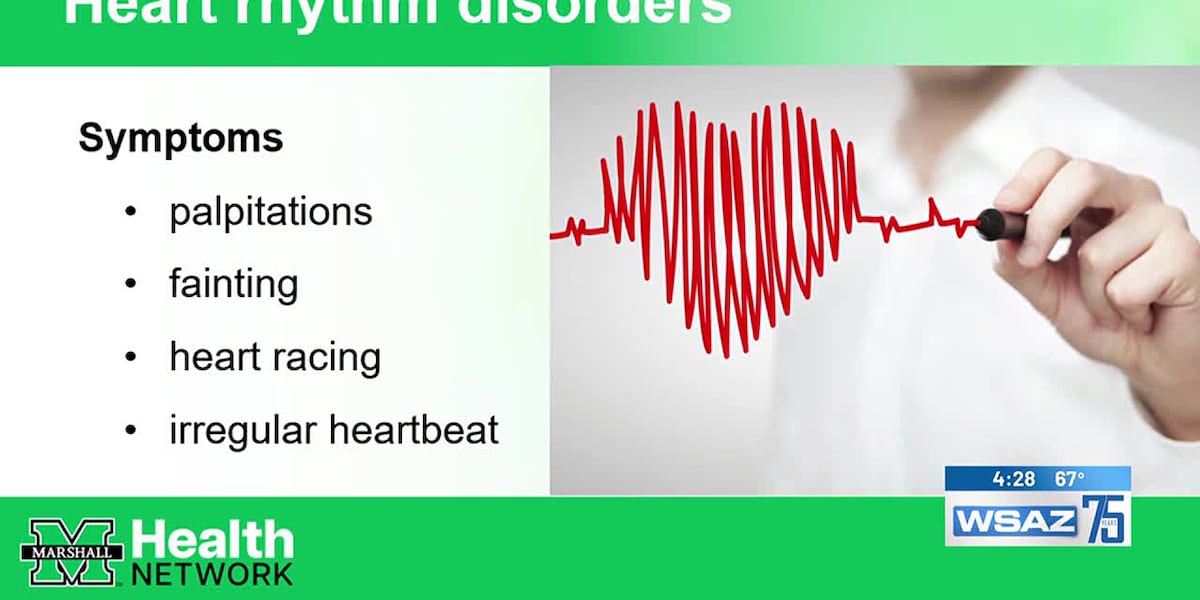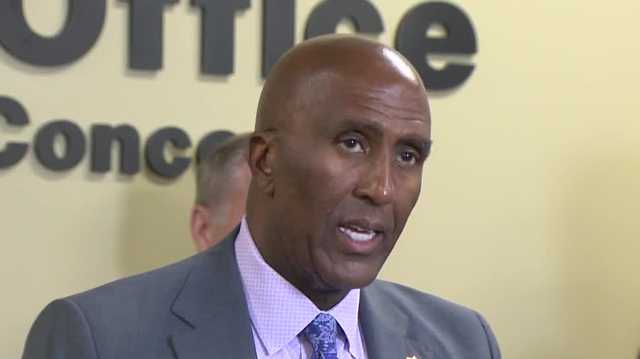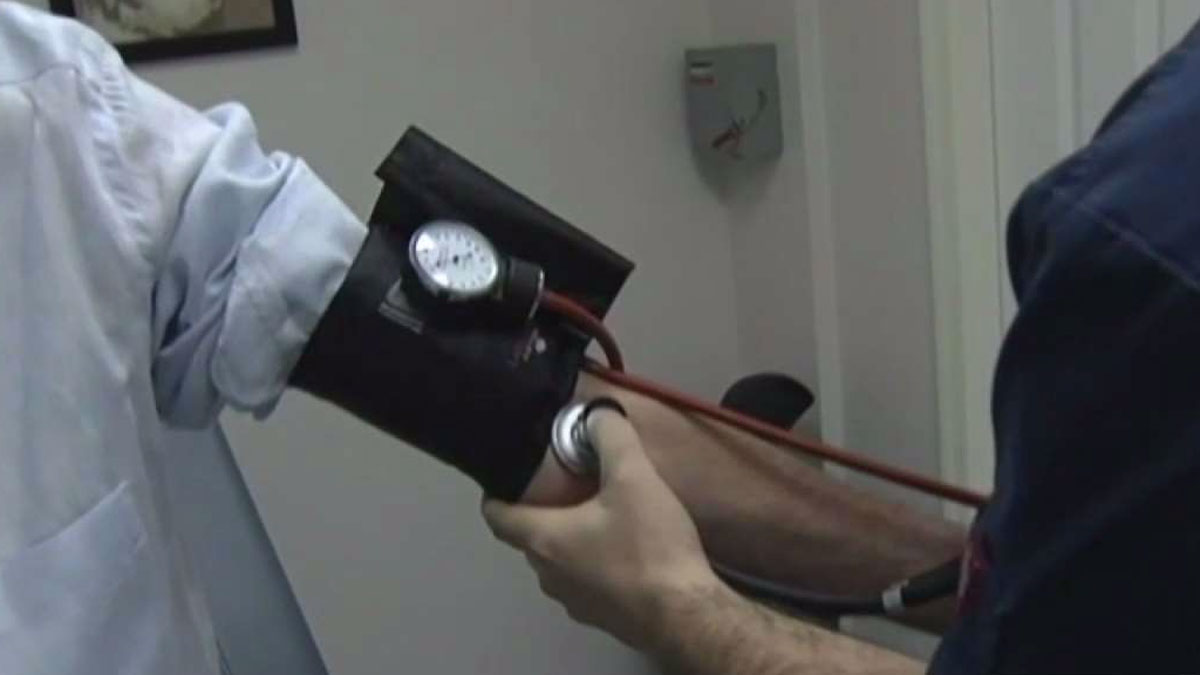When Your Heart Skips a Beat: Unraveling Rhythm Disorders and Cutting-Edge Treatments

When Your Heart Dances to Its Own Beat: Understanding Arrhythmias
Your heart is an incredible organ, tirelessly pumping blood throughout your body. But what happens when its rhythm becomes unpredictable? Cardiac arrhythmias are more than just a minor hiccup in your heart's performance—they can be a serious health threat that demands attention.
Imagine your heart suddenly racing like a sprinter or skipping beats like a nervous dancer. These irregular heartbeats, known as arrhythmias, aren't just uncomfortable—they can potentially lead to life-threatening complications. From mild palpitations to dangerous heart conditions, arrhythmias come in many forms and can strike anyone, regardless of age or fitness level.
Some arrhythmias might seem harmless, causing only brief moments of discomfort. However, others can significantly increase your risk of stroke, heart failure, and sudden cardiac arrest. Conditions like atrial fibrillation can cause blood clots, while ventricular tachycardia can trigger sudden, dangerous heart rhythms.
Recognizing the warning signs is crucial. Symptoms like chest pain, dizziness, shortness of breath, or unexplained fatigue could be your body's way of signaling an underlying heart rhythm disorder. Don't ignore these signals—early detection and proper medical intervention can make all the difference.
Modern medicine offers numerous treatments, from medication and lifestyle changes to advanced procedures like cardiac ablation. By understanding your heart's unique rhythm and working closely with healthcare professionals, you can protect yourself from potential cardiac risks.
Your heart's health is not a matter to take lightly. Stay informed, listen to your body, and never hesitate to seek medical advice when something feels off.








